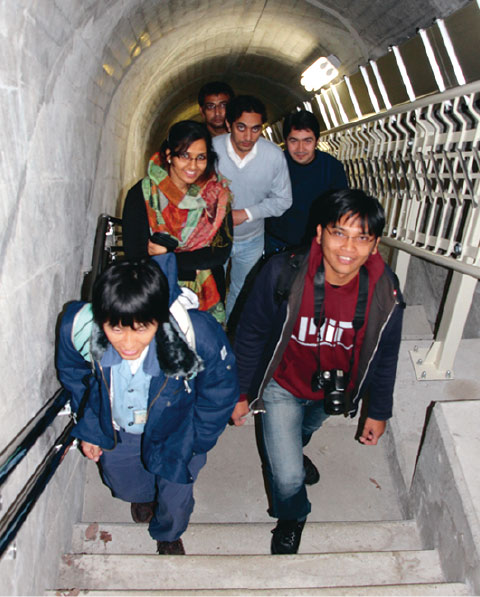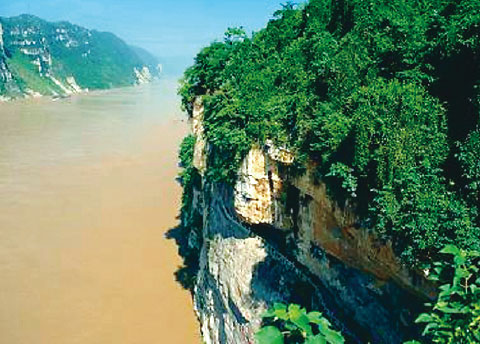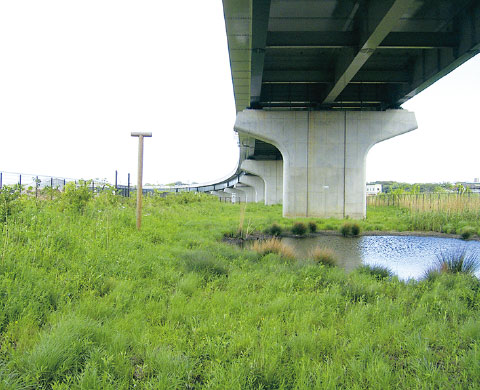Educational and Research Objectives
In the International Graduate Program on Civil and Environmental Engineering Course, we aims to develop, in response to the diverse social needs, human resources who can creatively and internationally undertake the planning, design, construction, maintenance, and management of social infrastructure in harmony with the natural environment. In the Environmental Science and Civil Engineering Course, we aim to develop human resources who can contribute to the establishment of a sustainable recycling-oriented society that minimizes the environmental impact of human activities by systematically understanding the relationship between humans, organisms, and the environment from the viewpoint of global environmental conservation.International Graduate Program on Civil and Environmental Engineering Course

In the International Graduate Program on Civil and Environmental Engineering Course, we provide the education and research needed for students to creatively undertake the planning, design, construction, maintenance, and management of social infrastructure in harmony with the natural environment and to respond to diversifying social needs. This course consists of the following five groups.
- Geotechnical and Geosphere Research Group: This group considers an ideal society in harmony with the nature of the earth. To support the notion, the group is responsible for education and research on geotechnical disaster prevention, geotechnical environment, and geoscience systems.
- Earthquake Disaster Prevention and Mitigation Group: This group is responsible for education and research on various issues related to earthquake engineering, seismology, disaster prevention engineering, and reliability engineering,
- Structural Engineering, Mechanics, and Materials Group: This group is responsible for education and research on the planning, design, performance assessment, and maintenance of steel, steel-reinforced concrete, prestressed concrete, and other structures, which constitute the social infrastructure.
- Hydraulic and Environmental Engineering Group: This group is responsible for education and research on river/coast, water utilization/flood management, and disaster mitigation from the viewpoint of “harmony between disaster prevention and the environment.”
- Transportation & Planning Group: This group is responsible for education and research on regional/urban planning and transportation planning.
International Graduate Program on Civil and Environmental Engineering Course
Environmental Science and Technology Course


In the Environmental Science and Technology Course, we aim to develop human resources who can contribute to the establishment of a sustainable recycling-oriented society that minimizes the environmental impact of human activities by systematically understanding the relationship between humans, organisms, and the environment from the viewpoint of global environmental conservation. In this course, we invite students with diverse educational backgrounds who are interested in the environment for advanced specialized education based on a curriculum that systemizes a wide range of environmental fields, including the basics and applications of environmental science, which is indispensable for understanding environmental problems such as air pollution, the comprehensive evaluation and management techniques of the environment, interactions between the environment and humans, the mechanisms of natural ecosystems, measurement techniques of environmental changes using sensing technology, material circulation technology and environmental control technology related to resource and energy conservation. We also increase awareness of the finiteness of the global environment. For this reason, we will develop experts who can take a leadership role and have knowledge of scientific and technological environmental control system techniques that contribute to the coexistence of the sustainable development of society and environmental conservation.


